In the past, buying a used car meant swinging by your local dealership, having a chat with a salesperson, and checking out what they had in stock. But nowadays, you have a variety of options to choose from, each with its own strengths and weaknesses. This guide breaks down these ways so you can find the best place to buy a used car that suits your needs.
Buying from a franchised dealership
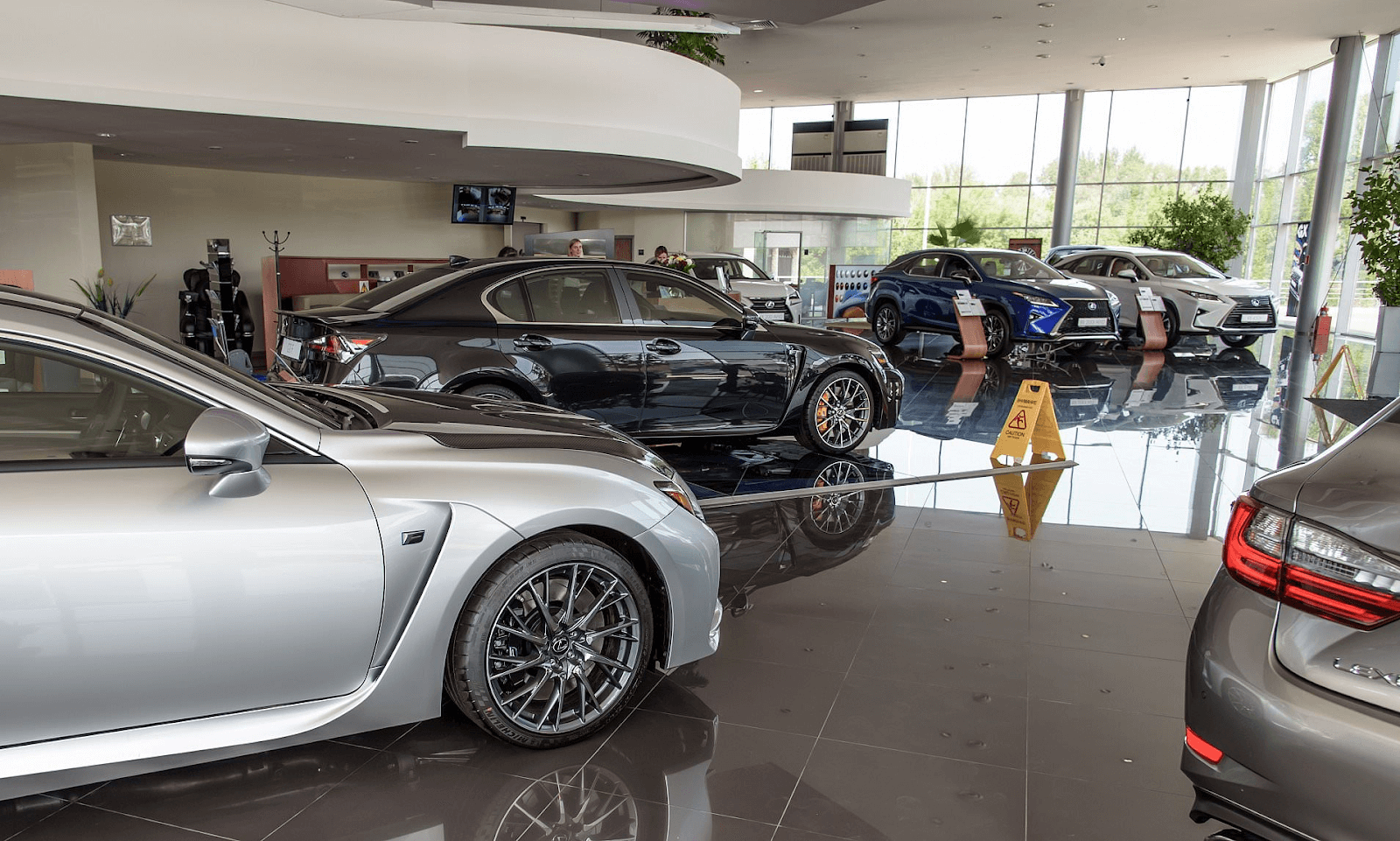
Buying a used car from a franchised dealer is a convenient one-stop shop. These dealerships, also known as main dealers, are directly connected to the car manufacturer, which should mean they uphold high standards. They offer a full range of services, from test drives to maintenance, and their salespeople guide you through the entire process.
During the process, the sales staff also assess the value of your current car and give you a clear idea of your budget for the new one. The cars presented are usually top-notch used models: usually less than five years old, with low to average mileage and minimal wear. The ability to include extras like warranties and service plans all under one roof is also appealing.
However, some people find the haggling process at franchised dealers intimidating and the choice of manufacturers limited. Plus, trade-in values may not be as competitive, and there’s a chance of feeling pressured to spend more than planned.
For
- Knowledgeable staff to assist you
- Officially approved, often well-maintained
- Test drives available
- Peace of mind with warranties and manufacturer support
Against
- Limited brand options
- Need to travel to compare prices
- Higher prices, including on part exchange
- Limited availability of older cars
- Commission-driven staff
- Haggling required
Buying from an independent dealer
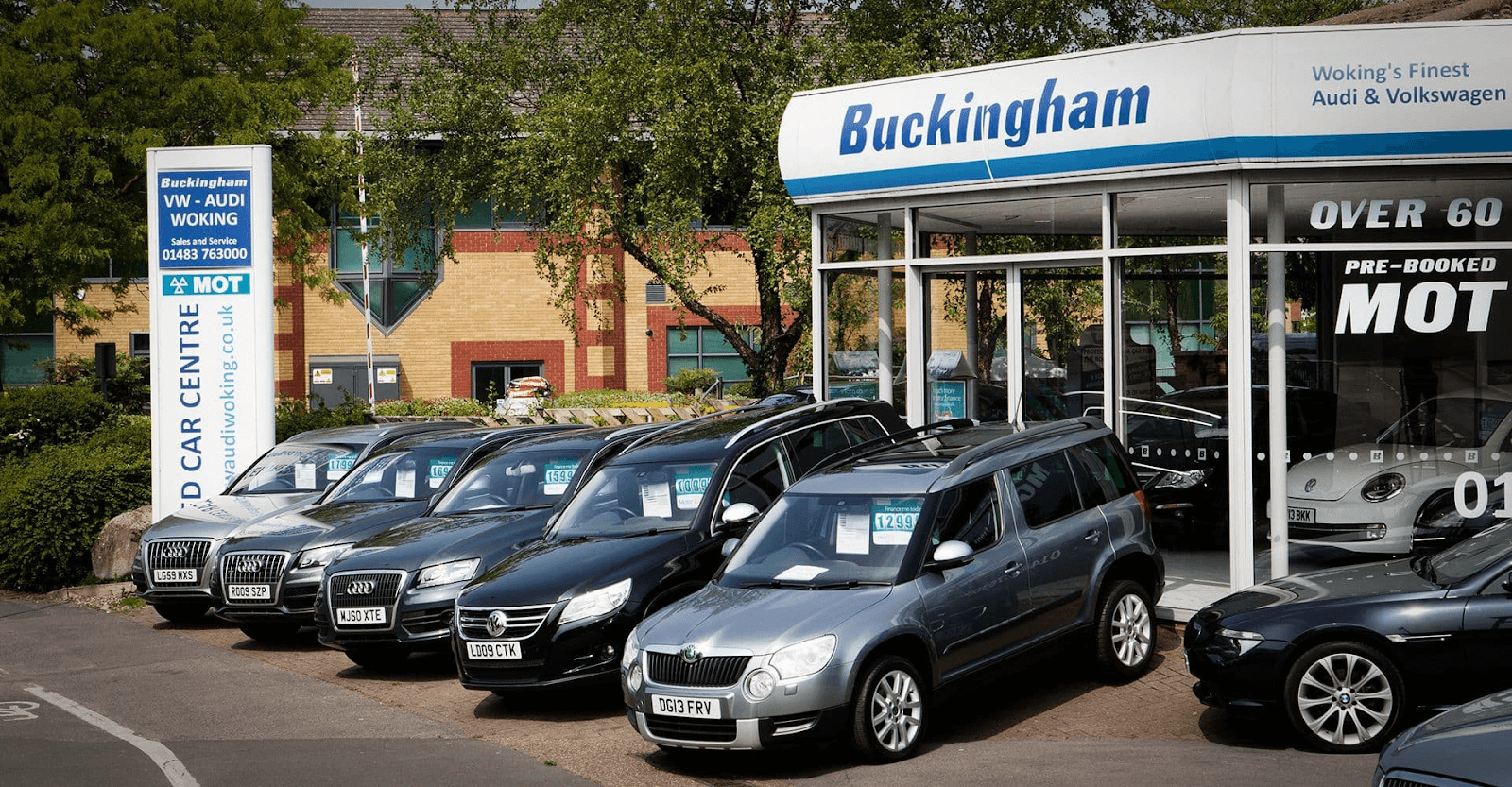
Independent dealerships are not tied to any particular car manufacturer, so they have the flexibility to sell different types of vehicles. Some focus on a broad selection, while others concentrate on specific brands, models, or price brackets. They range in size from small stores to large car supermarkets.
Independent dealers don’t need flashy showrooms like franchise dealerships do, so they can keep their operating costs lower. So, you can buy a used car at a great price here. However, their financing choices are restricted, and their interest rates aren’t as attractive as those offered elsewhere.
Because these dealerships don’t have the backing of a specific brand’s reputation, their quality and standards differ greatly. The top dealerships stand out with their expertise in specific vehicles, ability to service older models, and a more friendly, personalised approach.
At the same time, some independent dealers face challenges with customer service and professionalism.
For
- Wide selection of older cars, as well as new cars
- Lower prices due to reduced showroom costs
- Unbiased towards any specific manufacturer
- Ability to test drive before purchase
Against
- Inconsistent standards for cars and customer service
- Limited availability of financing options
- Main dealers typically acquire the best used cars
- Lack of expertise regarding specific models
Buying from a car supermarket
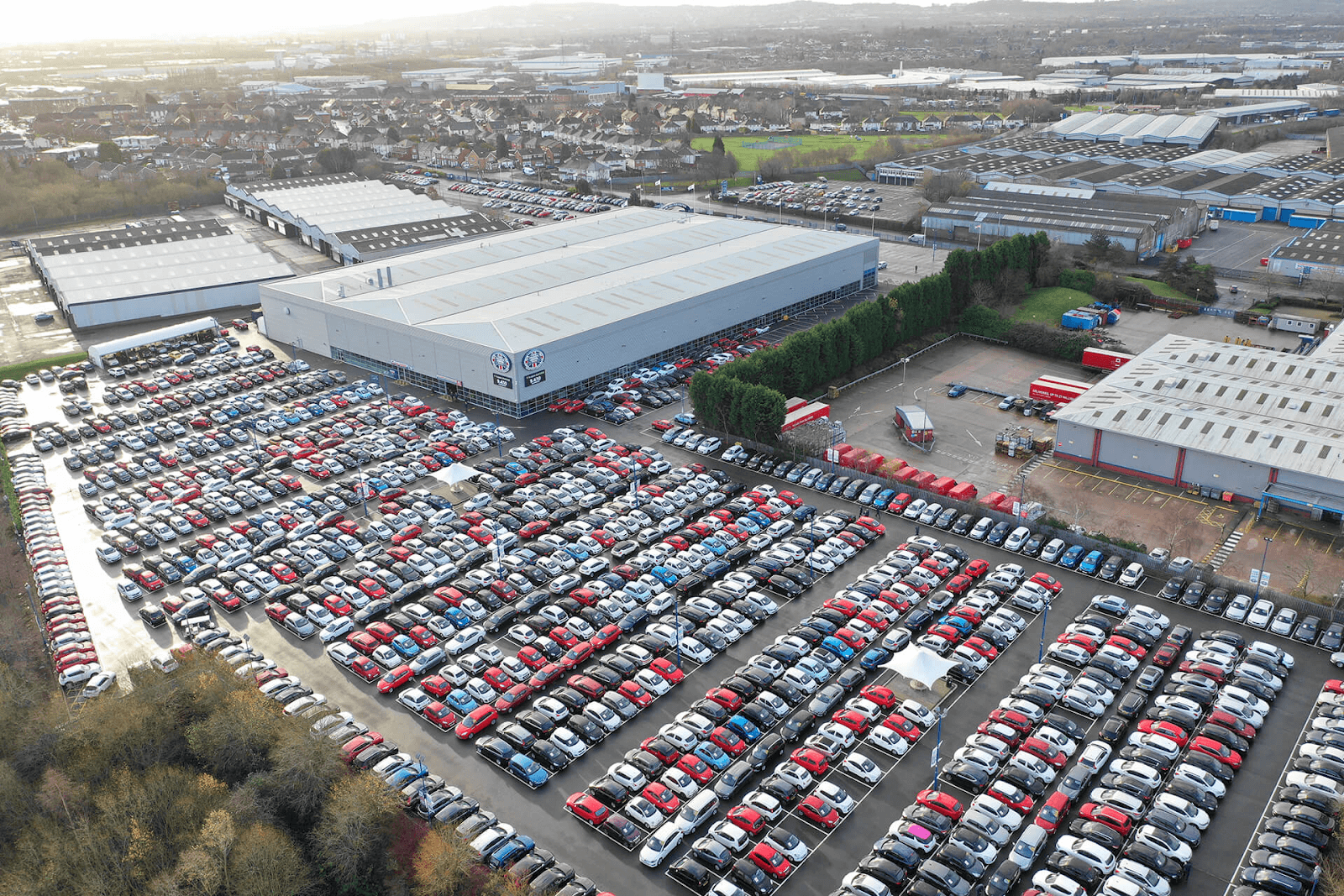
Supermarkets are known for their “bulk and bargain” style, which translates to a diverse selection of cheap cars that come and go quickly. This quick turnover allows for same-day purchases and financing options and makes them convenient places to buy a car in one go.
However, supermarkets prioritise popular car models, which makes it harder to find something unusual. Essentially, you’re also restricted to the cars available on that particular day. Next, the service history of cars from supermarkets might not be as comprehensive. So, carefully inspect the vehicle and consider getting an independent inspection.
Supermarkets also give lower trade-in values, offer limited warranties, and add an admin fee to the car’s cost. However, if the car itself is priced well, these extra expenses might not be as worrisome.
For
- Lower prices compared to main dealers
- Wide variety of cars
- On-site financing available
Against
- Mainly stocks mainstream car models
- Limited by stock availability
- Admin fee in addition to advertised price
- Replacing expired warranty could cost more
Buying from a car broker
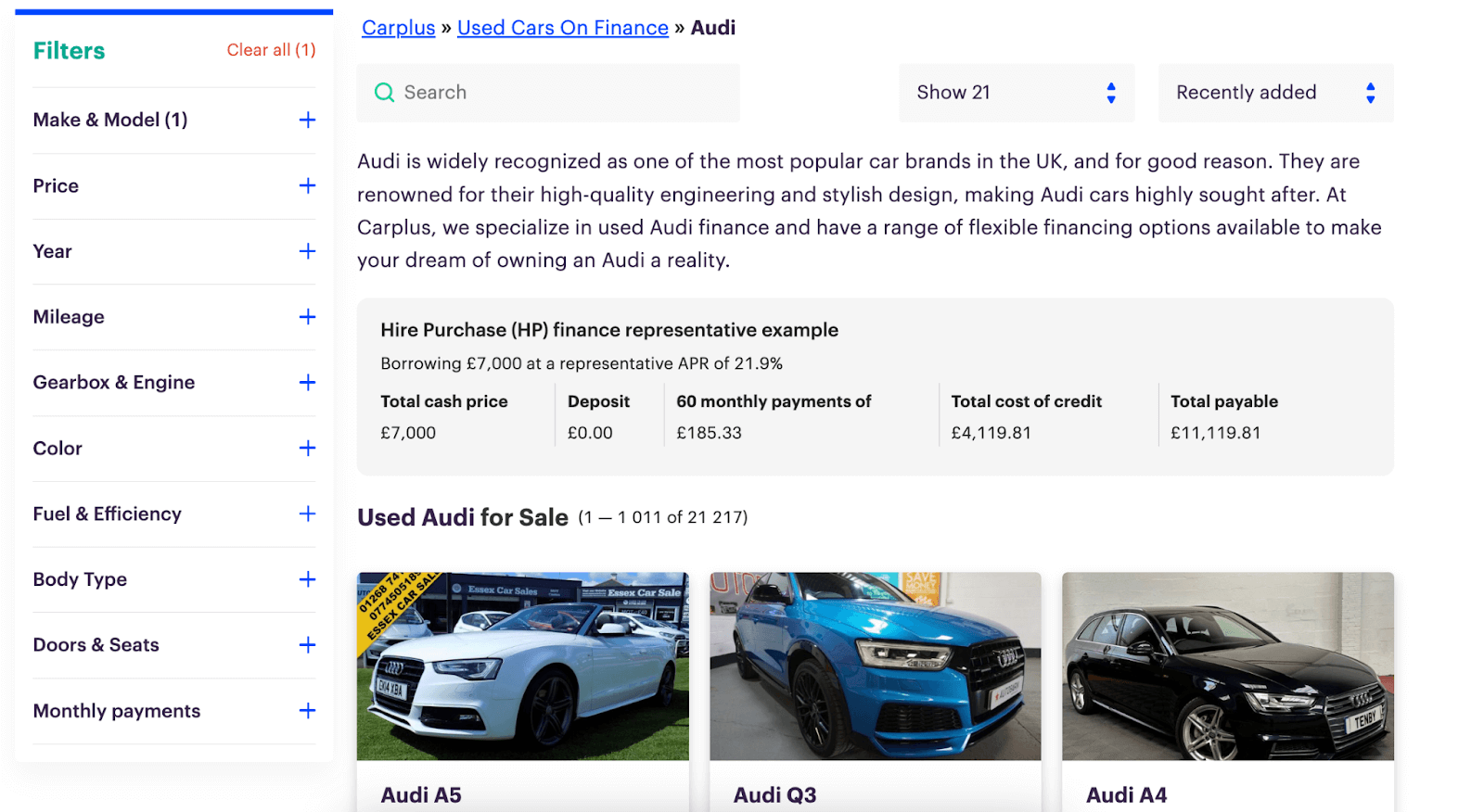
Car finance brokers act as middlemen connecting private buyers with dealerships. They offer personalised assistance, handle negotiations, research the market, and deal with paperwork. Their focus is on getting the best deal for their clients and representing their interests throughout the process.
An individual car broker will work to find a custom deal by contacting dealerships and negotiating on your behalf. On the other hand, large car brokerage firms, like Carplus, offer an online search tool where you can find some of the best deals for a specific model from various dealerships nationwide. This allows you to compare prices and choose the deal that suits you best. Both types of brokers earn a commission from the dealership.
Buying a used car from Carplus means working with a highly reputable finance broker in the UK known for securing excellent car deals at affordable prices. We specialise in finding the right car deal tailored to your needs and budget.
Another difference between smaller and larger car brokers is the stock. Smaller firms don’t keep any cars in stock but facilitate deals between car buyers and dealerships. In contrast, some major car brokers act as both brokers and dealerships. They have a large inventory of used vehicles and their search tools display results from other dealerships as well.
For
- Order from home and delivery
- Huge choice of cars
- Easy comparison of prices
- Multiple finance deal options available
- Competitive part-exchange prices for old cars
- Additional perks like free insurance and extras included with purchases
- Specialised searches for specific groups, such as new drivers
Against
- Test drive availability is limited
- Waiting for the car to be delivered
- Potential additional fees
Buying from a classified website
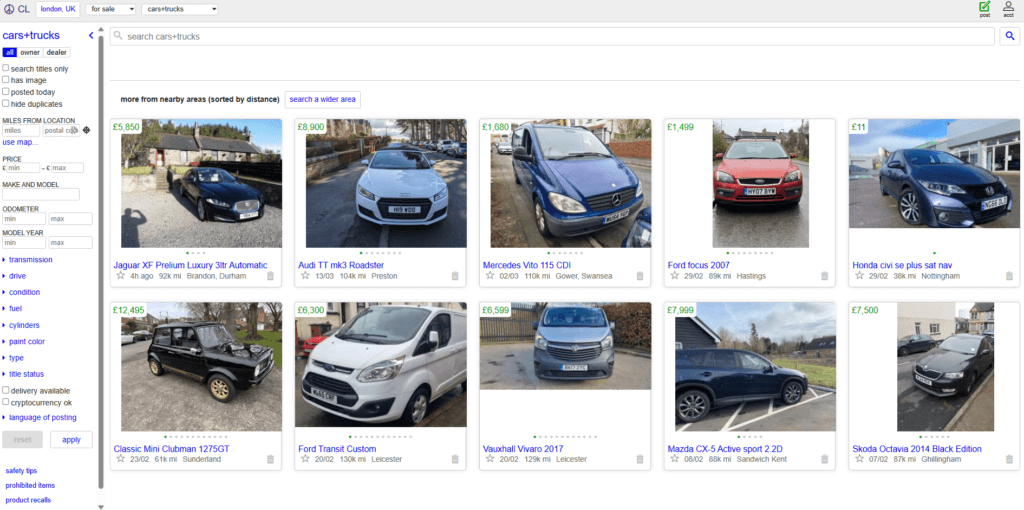
Classified websites are a great resource for car research thanks to a huge range of vehicles to browse through. You can filter your search by criteria like price, body style, fuel type, and more, which makes it easier to find and buy a used car among countless listings.
When searching for a car online, you’ll come across cars from both dealers and private sellers on classified websites. While dealers offer reliable options, private sellers require extra caution. Plus, if the car has issues post-purchase, your options for assistance will be limited.
For
- Extensive selection of cars
- Opportunity for great deals
- Helps in finding cars that fit your specifications
Against
- Risky to buy from private sellers
- Be cautious of suspiciously good deals
- Quality of cars can vary widely
Buying privately

Private sellers are a good option for certain cars. Because they aren’t running a business, they offer competitive prices and are more willing to negotiate. They’re usually motivated to sell quickly to make room for a new car, which gives buyers more bargaining power.
Bear in mind that buying a used car from a private seller is trickier because you’ll need to find a suitable time to see and test the car. These sellers don’t always perform the same checks as dealerships, so you’ll be left to your own devices. It’s your responsibility to make sure that the car is roadworthy, matches the seller’s description, and that the seller has the legal right to sell the car.
Moreover, you don’t have a clear idea of who you’re dealing with, and there’s less legal protection compared to purchasing from a business. For example, on Facebook Marketplace or its alternatives, you only get basic information and no detailed contracts or background checks.
On a positive note, you might be able to negotiate an excellent deal when getting a car privately. If the existing car owner is in a hurry to sell or simply prefers not to conduct multiple viewings, you’re in luck. You can also ask specific questions about where and how the car was used to understand its history and condition better.
For
- Lower prices compared to dealerships
- Opportunity to meet the owner, who can share more of the car’s history details
- Wide selection of vehicles across various age ranges
Against
- Limited legal protection
- Inspection needed for car’s condition assurance
- Requires travel to view the car
- Finance and part-exchange arrangements must be made separately
What to look for when buying a used car
When you’re buying a used car, there are a few key things you should look out for to make sure you’re getting a good deal:
- V5C — Always request to see the vehicle logbook to verify ownership. This document is essential as it shows that the seller of the car is indeed the legal owner.
- MOT and service history — Look into the car’s MOT history using the official website. This step will reveal any major issues the car has had over the years. Also, do the service history check to gauge how well the car has been maintained.
- Overall maintenance — Look for rust spots, particularly in common areas, such as around the wheel arches, door sills, and under the car. Check the fluid levels, including oil, transmission fluid, brake fluid, and coolant. Also, inspect the bodywork for any signs of accidents or repairs.
That’s not it, of course. Here is your ultimate checklist for buying a car:
| Aspect to check | What to look for |
|---|---|
| Documents | |
| Mileage | |
| Service records, MOT certificates | |
| Accident damage | |
| Safety | |
| Engine | |
| Locks, windows, controls | |
| Test drive |
Having the car mechanically checked is also very helpful. Choose a qualified and reputable mechanic or automotive technician to conduct the inspection. They should have experience working with that particular make and model of the car you’re interested in buying.
Get into the used car market confidently with Carplus expert advice and tools!







